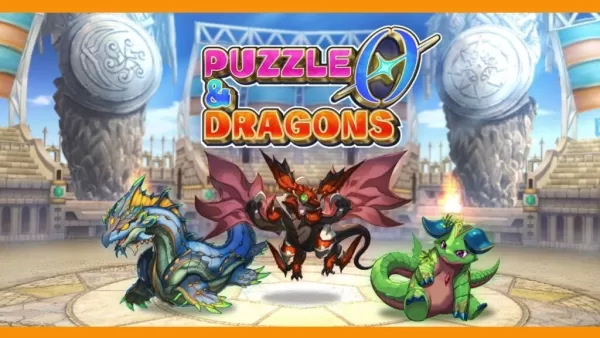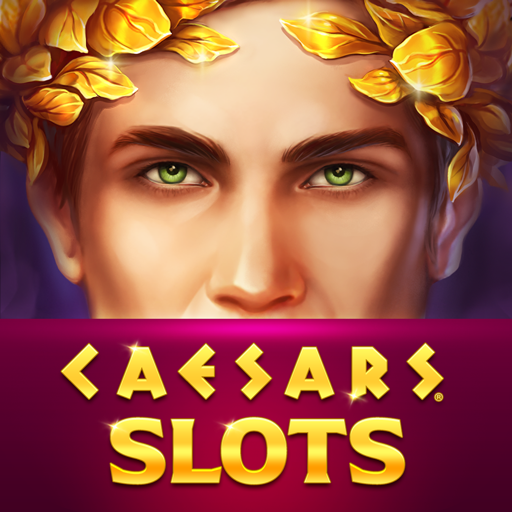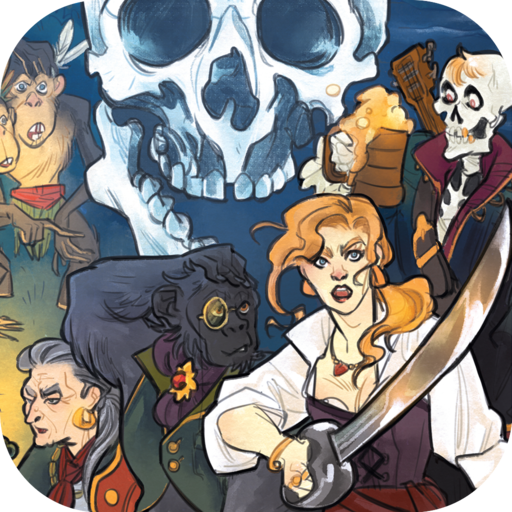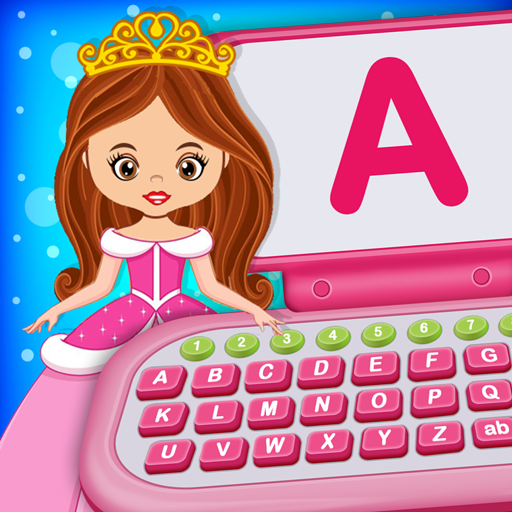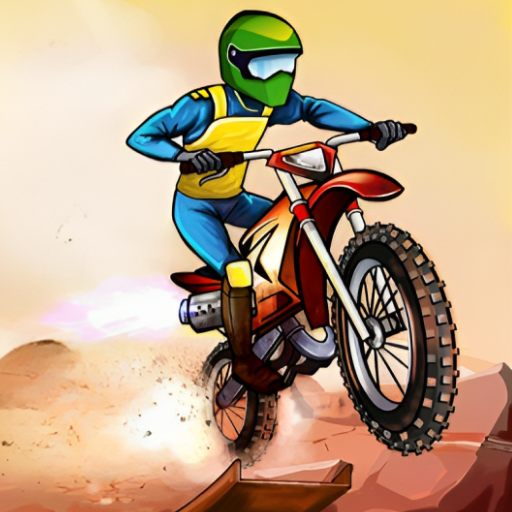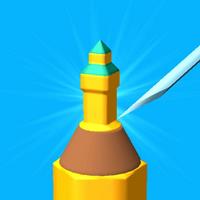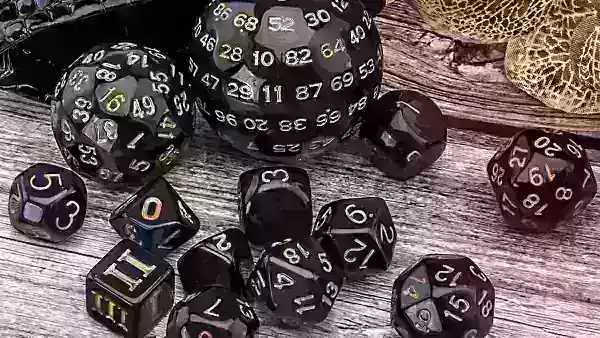

Dungeons & Dragons (D&D) is the original tabletop role-playing game (TTRPG) that blends collaborative storytelling with strategic gameplay, using dice rolls to determine outcomes. The recent success of the Dungeons & Dragons: Honor Among Thieves movie and Baldur's Gate 3 video game has sparked renewed interest in this classic RPG. The current 5th edition (D&D 5e) with its streamlined rules makes it easier than ever for beginners to join the adventure.
Essential Equipment for D&D
1. Players
While D&D can technically be played with just a Dungeon Master (DM) and one player, groups of 3-5 create the ideal dynamic. The DM serves as both storyteller and referee, creating the world and guiding players through their adventures. Though demanding, the DM role offers incredible creative fulfillment for those who enjoy world-building and narrative design.
2. Rulebooks
New players only need the Player's Handbook, while aspiring DMs will want the Dungeon Master's Guide and Monster Manual. These core books provide all necessary rules, character options, and creature statistics. For those wanting a simpler introduction, official Starter Sets include pre-made characters, adventures, dice, and condensed rules.
3. Dice Sets
A standard D&D dice set includes seven polyhedral dice (d4, d6, d8, d10, d%, d12, and d20). While one set is sufficient, many players enjoy collecting unique dice with different colors and designs.
Getting Started
Character Creation
Building your first character involves selecting a race (species), class (profession), assigning ability scores (Strength, Dexterity, etc.), choosing equipment, and developing a backstory. The Player's Handbook provides numerous options, though new players may benefit from starting with pre-generated characters.
Basic Game Mechanics
Gameplay alternates between freeform roleplaying and structured combat. When attempting difficult actions, players roll a d20 and add relevant modifiers to beat the DM's set Difficulty Class (DC). Combat uses turn-based initiative, with characters and monsters acting in order of their initiative rolls.
Tips for New Players
- Focus on collaborative storytelling rather than "winning"
- Start with simple character concepts before attempting complex builds
- Don't be afraid to ask questions or make mistakes
- Most importantly - have fun and embrace the game's creative possibilities!
For those preferring a more structured experience, there are many D&D-inspired board games that offer similar themes with simpler rulesets.

